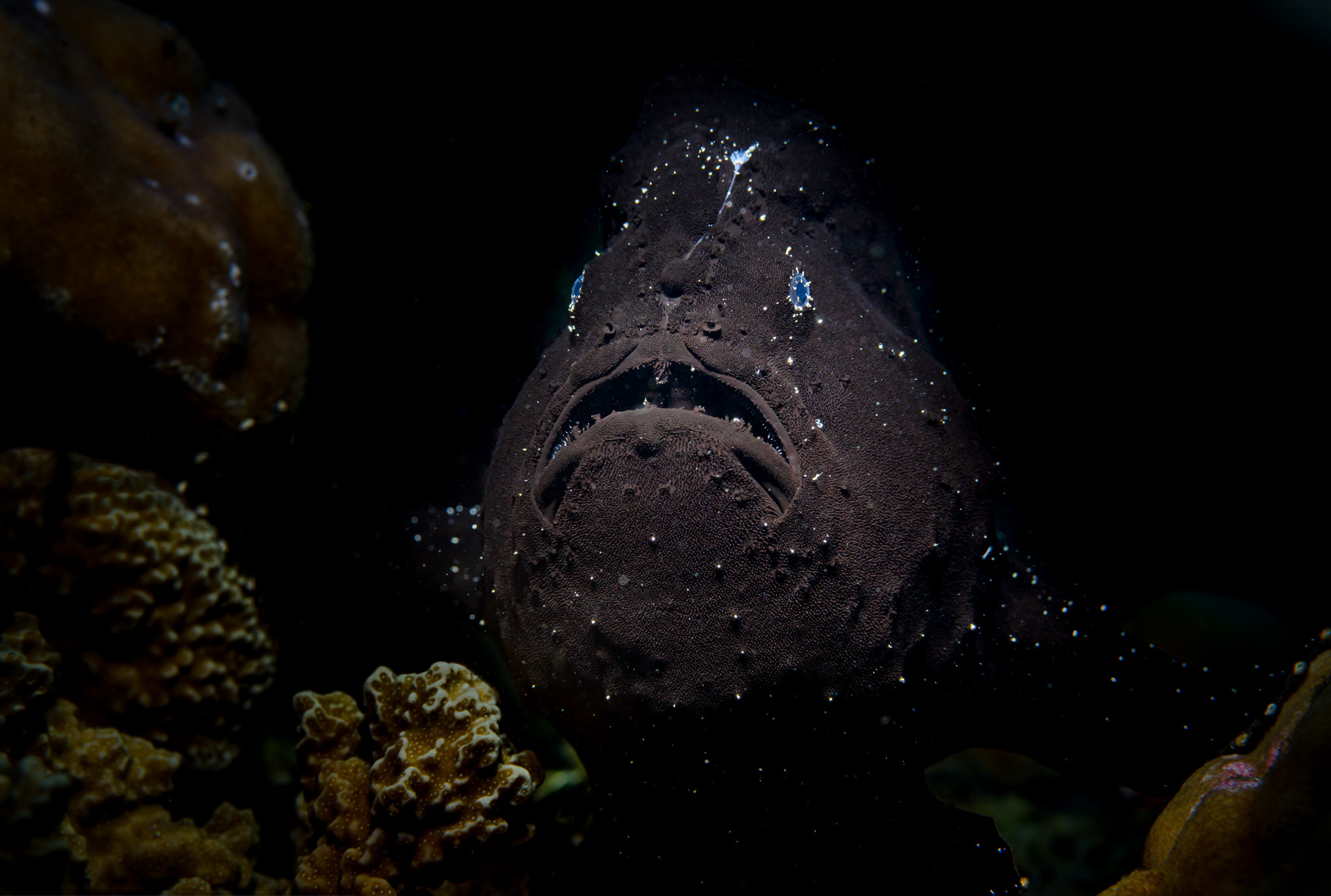I hate this notation. 30 metres tonnes/hour? 30 millitonnes/hour? 30 megatonnes/hour? 30 metric tonnes/hour? 30 million tonnes/hour?
Context clues indicate it’s probably 30 million tonnes/hour. Which is also Megatonnes (Mt).
Anyway, I digress.
I worked in the arctic for years. It’s happening faster there than anywhere. Feedback loop where open water has a lower albedo and absorbs more sunlight…
There are more feedback mechanisms as well. For example permafrost melting, releasing huge amounts of methane from rotting organics which were previously frozen. Methane is way more powerful a greenhouse gas compared to co2. We are just finding out about a lot of this stuff in the past decade, which is accelerating global warming compared to models from 20+ years ago. Global warming isn’t uniform as well, some parts like for example the arctic and parts of Western Europe are warming a lot faster.
Long story short, we need to be doing a LOT more than we are currently doing. And we seem to be doing very little, except pump all our money in large corporations and rich folks.
I know this probably a bad idea but what would happen if we tried to burn the methane as it comes out of the permafrost? Would it reduce the greenhouse gases?
It could backfire if it’s anything like what happened in Turkmenistan.
https://en.m.wikipedia.org/wiki/Darvaza_gas_crater
Apparently it’s been burning since the 80’s
This has been looked at and methane pockets are burned sometimes. When extracting oil for example there is often a lot of methane, which is burned to turn it into co2. The problem is, we are talking about a huge area with not many people or infrastructure in them. Sometimes the methane builds up in pockets which then can be burned easily, but most of the time it’s out gassing over a big area with very little methane per square meter. Capturing that methane is not practically possible.
Maybe some combination of sheets which are reflective to reflect sunlight instead of absorbing it and at the same time direct the methane to a place where it can be burned off. But doing this across a large area would be hard and would also have an impact on the environment, so it would be a hard calculation to find out if it’s worth it. And getting funding for something like that is pretty hard. Plus a big chance of failure, what if the sheets crack after a couple of years and get fouled up, then the methane isn’t captured, the sunlight isn’t reflected and a lot of time and energy has been lost. Plus you have a big patch of nature filled with plastics to clean up.
Methane does naturally get destroyed due to uv radiation, so it isn’t long term like co2. But it’s way more potent in terms of greenhouse and we’ve been releasing a lot more than gets broken down. Levels of methane are at a all time high and rising. On a human timescale the methane will take a very long time to get broken down, even if we would stop releasing any right now.
There are satellites specifically made to detect large releases of methane, to identify human sources of methane which could be captured and burned instead of being released. Especially in industrial processes this is often an option.
Large scale meat production is also a large source of methane, which is also hard to capture. Especially when we want the cows to have somewhat of a acceptable state of living, so going outside. The only way to fix this one is for people to eat less meat, however the trend has been for more and more meat consumption instead of less.
Burning natural gases from the ground has backfired before:
https://en.m.wikipedia.org/wiki/Darvaza_gas_crater
It didn’t happen to save the environment, but there was too much natural gas stored to burn off.
How fast does methane breakdown with UV? Is that a practical way to deal with the permafrost methane?
Can you share what you did in the arctic? Sounds interesting…
Geophysics (mapping the subsurface). Largely related to mineral exploration, but also sometimes infrastructure development or environment cleanup or other things. I was often first boots on the ground in a lot of places, having to set up a winter camp upon arrival by bush plane. Good times. :)
I blew out my knee and settled down now to operate a geophysical equipment business. But I think back fondly.
Damn, that sounds epic and adventurous. Thanks for sharing, that’s really cool. Not a common thing to have a chance to be that far out, much less in that context.
Looking forward to the incoming ice age tbh.
Seriously though, the melting sucks.
You’re gonna have to wait awhile. We’re still in an ice age
It might actually turn green within our lifetimes.
Denmark played the long game and won.
It’s a shame you can’t buy land there.
Trump tried and failed.
Good lord, remember when “Trump tried to buy Greenland” was the most ridiculous news story?
It’s still one of the most ridiculous ones. But it’s not the most concerning.
Our species is going to die out. The powers that be globally will never consider making less money to change the way manufactured goods are produced and really at this point in time their isnt too much you could do to make all mass produced goods at the same rate and still save the planet. We’re done for in like the next 500 to 800 years
I don’t think our species will die out as we’re so damn good at adapting, but I think we’re definitely at our apex and a lot of people will die from climate change.
Yeah I don’t think we’ll go extinct, but society is gonna regress a whole lot, and since we basically depleted all the easily accessible fossil fuel deposits I think we won’t ever reach this level of technology again.
Nah man, Elon husk will eventually colonize some other dog shit planet, and then we’ll just be looking at the plot of Hyperion in 1000 years or so.
I did the math on this recently: GL has approx 3 million Gt of ice and is losing it at a rate approx equal to 260 Gt/yr.
If that rate is constant (unlikely) the first ice free summer in GL will be in 13,500 CE
Elite cocktail bars in the UAE have a new way to draw in customers: luxury ice from arctic glaciers
-
A company in Greenland called Arctic Ice is harvesting ice from the country’s shrinking glaciers.
-
The company sells the “purest ice in the world” to elite cocktail bars in Dubai to chill drinks.
-
Greenland’s ice sheet has been melting at an alarming pace in recent years.
(…)
-
This is the best summary I could come up with:
The techniques employed to date, such as measuring the height of the ice sheet or its weight via gravity data, are good at determining the losses that end up in the ocean and drive up sea level.
“The changes around Greenland are tremendous and they’re happening everywhere – almost every glacier has retreated over the past few decades,” said Dr Chad Greene, at Nasa’s Jet Propulsion Laboratory in the US, who led the research.
The study, published in the journal Nature, used artificial intelligence techniques to map more than 235,000 glacier end positions over the 38-year period, at a resolution of 120 metres.
Prof Tim Lenton, at the University of Exeter, UK, and not part of the study, said: “This additional freshwater input to the north Atlantic is a concern, particularly for the formation of deep water in the Labrador and Irminger Seas within the subpolar gyre, as other evidence suggests these are the regions most prone to being tipped into an ‘off’, or collapsed state.”
“That would be like a partial Amoc collapse, but unfolding faster and having profound impacts on the UK, western Europe, parts of North America, and the Sahel region, where the west African monsoon could be severely disrupted,” he said.
However, Prof Andrew Shepherd, at the University of Northumbria, UK, said: “Although there was a step-change in glacier retreat at the turn of the century, it’s reassuring to see that the pace of ice loss has been steady since then and is still well below the levels needed to disturb the Amoc.”
The original article contains 905 words, the summary contains 257 words. Saved 72%. I’m a bot and I’m open source!
Is that a lot?
deleted by creator
Someone close the freezer door!
deleted by creator
Lol wtf that’s not even funny but it’s funny.









